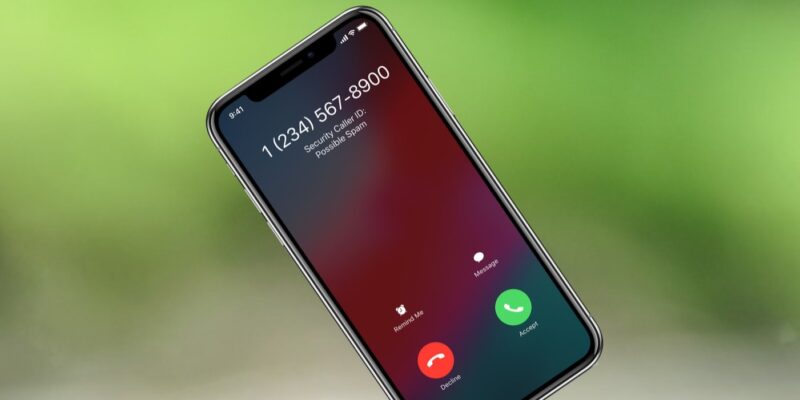You have probably received some missed calls from an international number you barely recognise once in a while. Well, it would be in your best interest if you totally ignored the call.
The Directorate of Criminal Investigations (DCI) took to social media to warn Kenyans of a current scam that has been making rounds from some time. According to DCI, the scheme is called Wangiri Fraud and it might sound like a Kikuyu name but it’s not.
The word Wangiri is Japanese standing for “one (ring) and cut” that has had people falling victim across the world. Warnings about the scam have actually appeared in Kenyan, the U.K., Canadian, Irish, and New Zealand media, among others.
How it Works
As the name suggests, it is a genuinely international scam that depends on people’s natural levels of curiosity. Naturally, it is expected for one to return a missed call even if it is from an unknown number.
So the scammers encourage the receiver to ring the number once again. This then gives the culprit an opportunity to re-route the number to premium overseas rates. Subsequently, you end up getting billed extremely high sums for listening to pre-recorded messages.
It is not entirely clear whether the fraudsters get to directly benefit from the exorbitant charges but it is highly likely. After all, why would they go through so much trouble?
The DCI also noted it is likely that the scammers generate these missed calls to a whole range of mobile numbers. Therefore, you could not be the only a specific target once you receive a single missed call.
The best recommendation, according to DCI, would then be to totally ignore the call and not call back at all.
If the worst happens, it is advised that you call your service provider, say Safaricom or Airtel and explain the situation to help you get the numbers blocked.






Comments